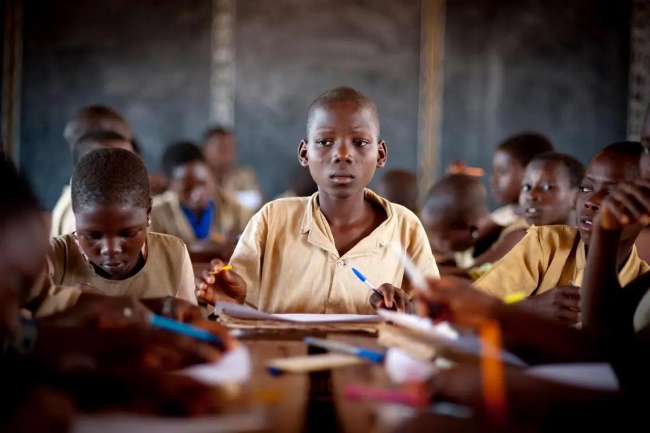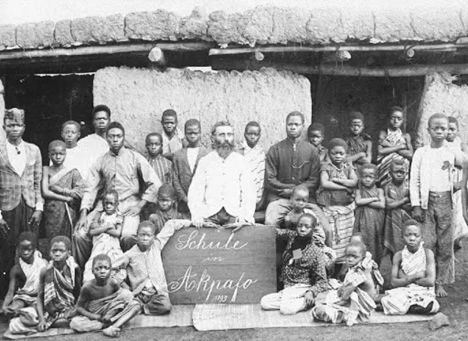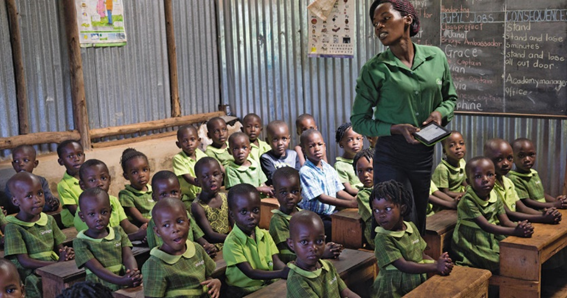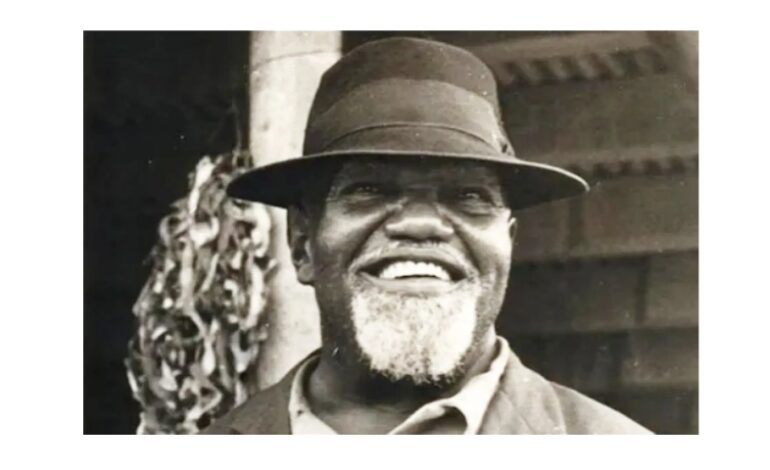
Avellon Williams
AFRICA- The education system in Africa has a rich and complex history, deeply intertwined with the continent’s diverse cultures, colonial legacies, and aspirations for development. Throughout the centuries, education has played a crucial role in shaping the lives of African children and their communities, while also being influenced by external forces.

Prior to the arrival of European colonial powers, education in Africa was predominantly informal, with knowledge and skills being passed down through oral traditions, apprenticeships, and community-based learning. The focus of education was often on practical skills, survival, and cultural preservation. African societies placed great importance on transmitting values, traditions, and wisdom from one generation to another.
The colonial period, starting in the late 19th century brought significant changes to the education system in Africa. European powers established formal education systems with the aim of training Africans to serve as clerks, interpreters, and laborers for colonial administrations. The curriculum primarily emphasized subjects that served colonial interests, such as language instruction, basic mathematics, and vocational skills.
The missionary movement also played a vital role in education during the colonial era. Missionaries established schools and provided basic education, but often with a strong emphasis on Christian religious instruction. This period saw the beginnings of Western-style education in Africa, which laid the foundation for subsequent developments.

After gaining independence in the mid-20th century, many African countries sought to develop their education systems as a means of national progress. There was a growing demand for access to education, and governments implemented policies to expand schooling opportunities. Primary and secondary education became more widespread, and efforts were made to develop tertiary institutions.
However, challenges remained in terms of quality, equity, and relevance. African countries faced issues such as limited resources, inadequate infrastructure, insufficient numbers of trained teachers, and the need to strike a balance between Western education models and the preservation of African cultural identities. Education became a key battleground for African nations in their struggle for social and economic development.

Over the years, various initiatives and reforms have been undertaken to address these challenges. Efforts have been made to promote inclusive education, improve teacher training, enhance curricula to include local content and indigenous knowledge and increase access to education for marginalized populations, including girls and children from rural areas.
Today, the education landscape in Africa is diverse, with a mix of public and private schools, community-based initiatives, and online learning platforms. African countries are increasingly recognizing the importance of investing in education as a fundamental driver of development and are working towards achieving the Sustainable Development Goals, particularly Goal 4, which aims to ensure inclusive and equitable quality education for all.
While progress has been made, there is still work to be done to ensure that all African children have access to quality education. Challenges such as inadequate funding, teacher shortages, and disparities between rural and urban areas persist. However, the resilience, creativity, and determination of African communities and governments continue to shape the education system, providing hope for a brighter future for our children.
RELATED:




